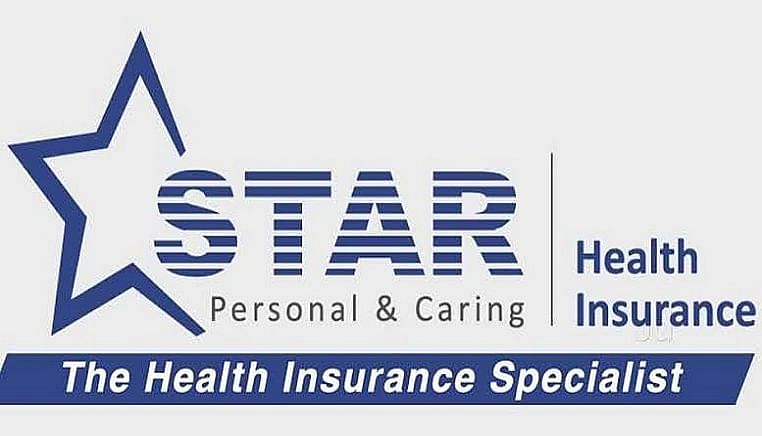Non-institutional investors, which include corporates, bid just 0.19 times the shares reserved for them.
The institutional investor and retail segments were fully subscribed, at 1.03 times and 1.1 times respectively
Mumbai:
Signalling weak investor demand for India’s third-biggest listing this year, Star Health and Allied Insurance Co Ltd’s initial public offering (IPO) failed to get fully subscribed by the close of bidding on Thursday which resulted in the investment bankers pruning the offer for sale (OFS) component.
The IPO of the country’s largest private health insurance firm was subscribed just 79%, getting bids worth $427.37 million, despite it extending the subscription period for its offering.
Backed by billionaire stock investor Rakesh Jhunjhunwala, the company had priced its Rs 72.49 billion ($968.82 million) IPO between Rs 870 and Rs 900 per share.
As Star Health didn’t meet the profitability criteria, its IPO required a mandatory 75% subscription from qualified institutional buyers (QIB). The retail investor quota in the IPO was 10 per cent as against 35 per cent for other IPOs.
Non-institutional investors, which include corporates, bid just 0.19 times the shares reserved for them.
The institutional investor and retail segments were fully subscribed, at 1.03 times and 1.1 times respectively, but bids for them were far lower than in previous offerings such as Nykaa
The retail portion of the IPO was subscribed a little over one time with bids worth Rs 784 crore. The high networth individual (HNI) portion and employee quota remained undersubscribed at 19 per cent and 10 per cent, respectively.
Mutual funds didn’t buy anything in the IPO. Nearly 90 per cent of the bids in the institutional quota came from foreign investors, while domestic institutions, mainly insurance companies, applied for only Rs 206 crore worth of shares.
A banking source told Reuters the firm was aiming for a nearly $7 billion valuation. The weak response comes just weeks after digital payments firm Paytm’s dismal stock market debut sparked concerns about overvaluation in domestic equities.
Indian shares have retreated more than 6.5% from their October record highs, with the latest selloff on Friday sparked by worries over the new Omicron coronavirus variant.
The new COVID-19 variant has weighed on the sentiment around Star Health’s IPO and a potential spike in claims from subsequent covid waves spilling over into FY23 is prompting investors to sit on the sidelines,” said Amarjeet Maurya, associate vice president of mid-caps at brokerage Angel One.
Star Health had already raised Rs 32.17 billion from over 60 anchor investors, including the Singapore government and Abu Dhabi Investment Authority.
Jhunjhunwala, who owns a near 15% stake in the company, has not put up any shares for sale in the offering.
Incorporated in 2005, Star Health offers coverage options for retail health, group health, personal accidents and overseas travel insurance.

